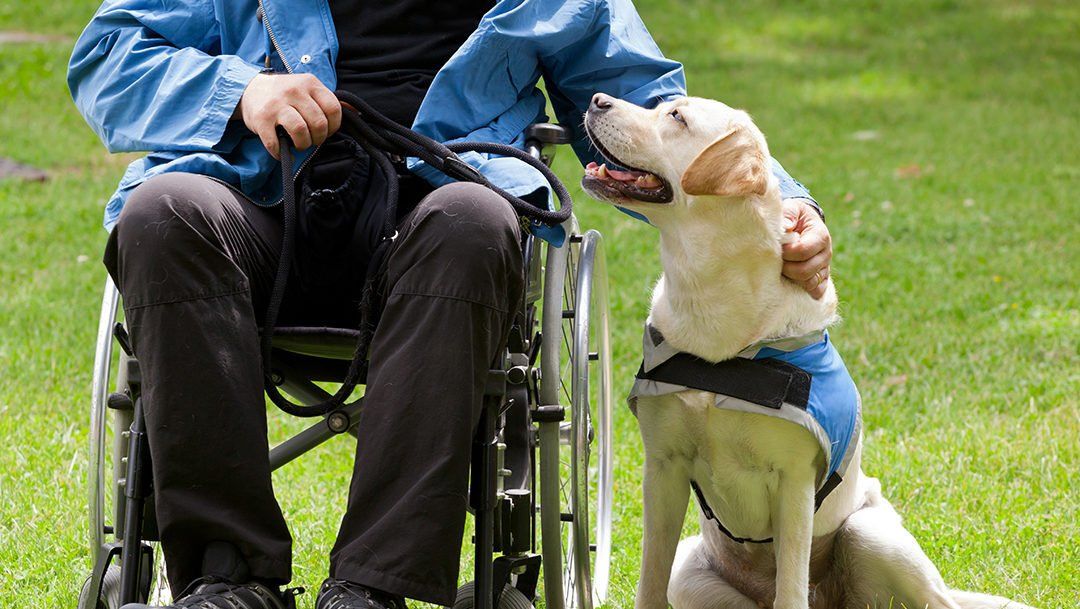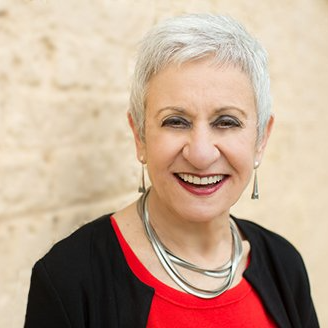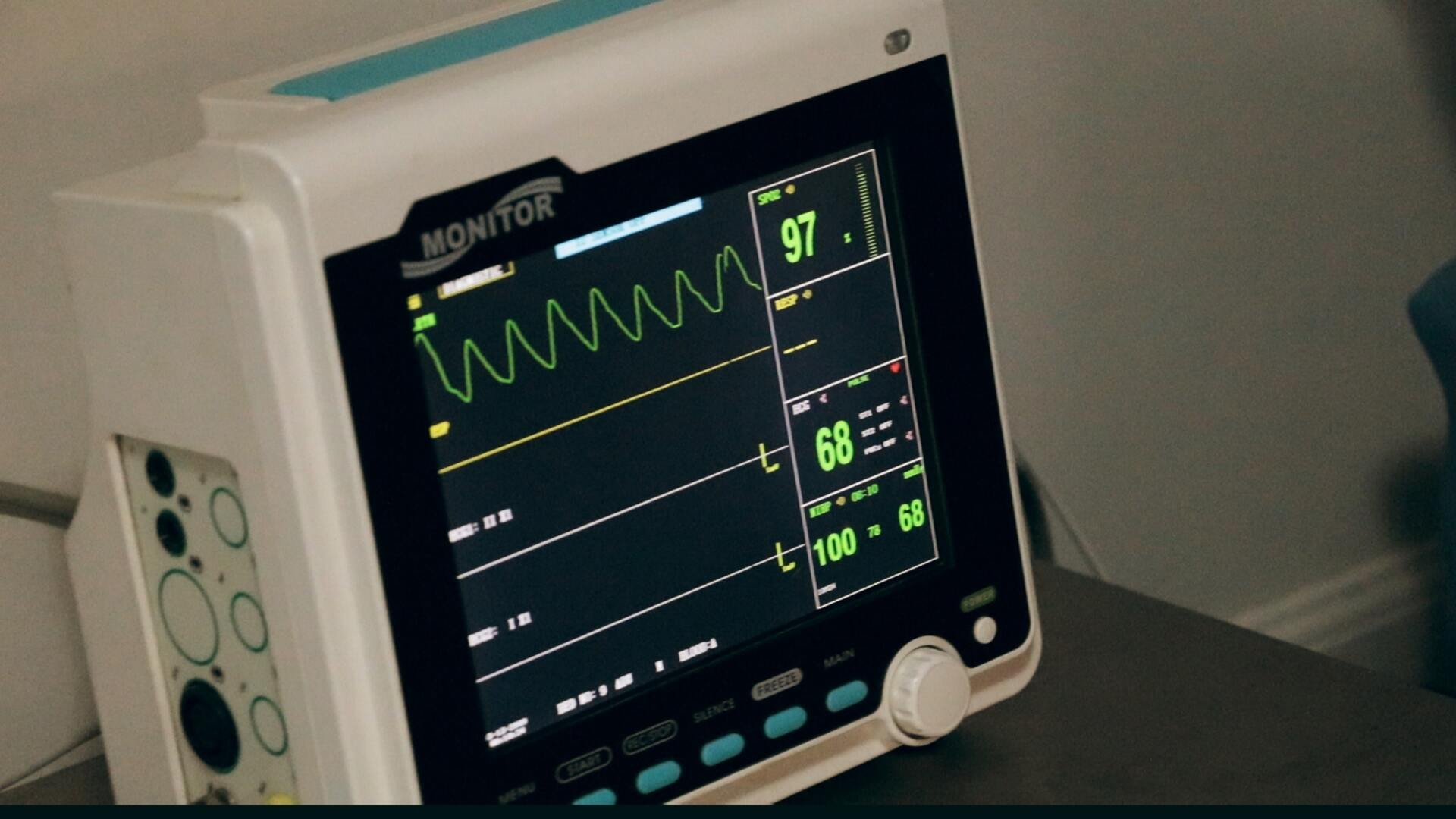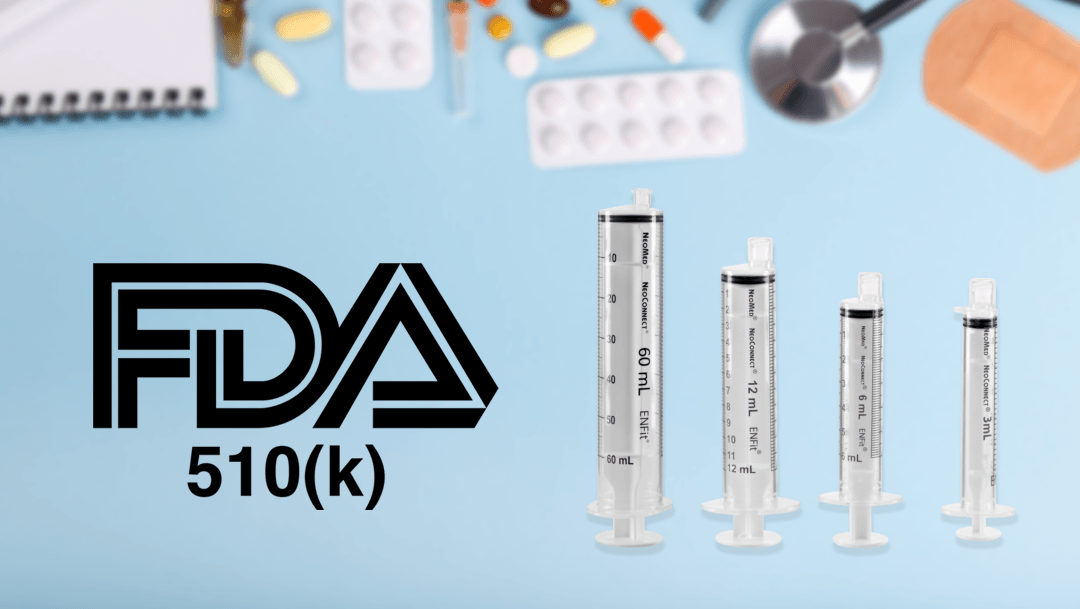Medical Device Usability Testing Participants May Need Special Handling
All usability testing participants need special handling
All participants in usability testing studies require special care and handling so that they are made to feel comfortable about the important contribution they are making to your understanding of user experience. Unless the goal of the study includes participants with disabilities—which all studies should, but often don’t—it is not uncommon to screen out people with disabilities. But in medical usability testing studies, participants may have disabilities that require additional accommodations.
In this article, we are not going into the considerable literature on how to conduct usability testing for compliance with the Americans with Disabilities Act. That’s an important topic, but not our focus here.
What we’re focusing on are the perhaps unexpected situations you may face when working with participants who may have limited mobility, hearing, vision, or other conditions generally associated with their medical condition. The need to recruit real users for medical usability research studies brings with it the potential to accommodate the specific needs of your user population.
Special situations can arise with medical device usability testing participants
Depending on the type of medical device or health care research you are conducting, you may experience the following situations that will require special sensitivities to the needs of your participants.
- Service animal—participant arrives with a service animal. What do you do? Ask the participant what is best for the animal. The participant may tell you not to pet the dog and not to give it any treats. Or, the situation may be the opposite. Be prepared to do what it takes to work with the participant and the service animal, which is trained to follow the instructions of its owner.
- Lip reader—the participant can speak clearly (important for think-aloud protocol) but has limited hearing, even with a hearing aid, but is able to read lips. Your lips. That means you cannot be looking at your script while you are preparing the participant for each task. You need to be sure that the participant can see your lips so that they can read them. Be prepared to depart from the exact script of your test protocol so that the participant can successfully understand the tasks and questions you will ask.
- Baby (or child) onboard—participant brings a baby or child to the session. This situation is not unique to medical device or health care usability studies, but it may happen more frequently, so you want to be prepared. For instance, if you are testing with caregiver participants, they may need to bring the child they are caring for. Because your pool of participants may be more limited by the specific requirements of the user population, you will want to accommodate these situations to allow your target user to participate. Be prepared to have someone available who can entertain or care for the child, if required. In some cases, the participant may need to keep the child with them while performing the tasks in the study. Make allowances as you need to so that you can work with the participant.
- Impaired or diminished mobility—a participant may be wheelchair bound or may use a walker, for example. Be prepared to rearrange your testing set up so that the participant can have access to the test elements while still in a wheelchair or if required to stand, while using a walker.
- Elderly or infirm—a participant may be beyond the usual age for usability studies and because of their advanced age, may experience some infirmities. Be prepared to assist the participant in any way required to support them for the duration of the study. In a health care study we conducted with participants with macular degeneration, the participants were in various stages of this age-related eye disease. In this study, we administered drops to their eyes, assisted them in getting up onto the bed of an MRI scanner, and made sure they were comfortable for the scan. Because we knew this user population would need special accommodations to participate in the study, we had an extra team member on site to help them get onto the MRI bed and assist in other ways, as needed.

Be prepared for special circumstances
The success of any usability study is in recruiting the right participants and making them feel comfortable enough to show you their experience and share their insights with you.
When it comes to participants with additional special needs because of disability, age, illness, or a host of other factors, you need to be prepared to go the extra mile to ensure that the participants have a good experience and that you get good results.
Many interesting aspects derive from working with participants in medical and health studies. The most common one is their great attitude in wanting to participate in these types of research studies to support their community and help advance science. Since their attitude is so great, it’s our job to make the testing session fun and fruitful.
We hope that our tips get you thinking about some of the common situations you may face with this participant population. It’s not just the Boy Scouts who benefit from the motto: “Be prepared.”
Want more practical insights? Check out these blogs.

Carol Barnum
Carol brings her academic background and years of teaching and research to her work with clients to deliver the best research approaches that have proven to produce practical solutions. Carol’s many publications (6 books and more than 50 articles) have made a substantial contribution to the body of knowledge in the UX field. The 2nd edition of her award-winning handbook Usability Testing Essentials is now available.





